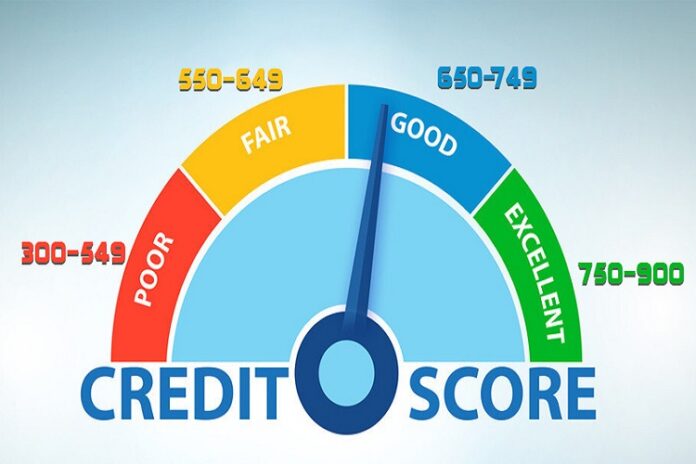A credit score is a 3-digit number that is estimated by credit bureaus using your credit history. The score can range from 300 to 900. When you wish to take a loan, lenders will check your credit score to know whether you can repay it. Lenders prefer a score nearer to 900 (like 750 or more). As it rises, you can get more approvals for new borrowings at higher limits.
Table of Contents
Here are the 5 main mistakes to avoid to maintain a good credit score.
#1 – Credit Card Inactivity
What’s the point of having a credit card and not using it? This can pull down your credit score.
What to do:
- Compare the features and benefits of different types of credit cards.
- Apply for one that best suits your needs.
- Keep using your card to maintain good credit use, credit behaviour and loan repayment history. This can boost your credit score.
- Using your card continuously can also prevent your account from being closed, which would affect your credit score.
#2 – Late Payments
Your credit score can fall if you don’t pay your credit card dues or loan EMIs on time. One or two delayed payments may not harm the score but repeating this over a long period will have an impact.
What to do:
- Pay your loan EMIs and outstanding card bills on time.
- You may choose automated bill payments. To do this, you can provide standing instructions to the bank to debit your savings account before or on your payment due date.
#3 – Settling and Not Closing Outstanding Dues
Settling means partially paying your total outstanding dues. This includes principal and a part of the interest charged by the lender. Just paying this minimum amount is not good enough.
What to do:
- Check your card documents to know the due date to pay the minimum amount and the due date for the outstanding payment.
- Repay the outstanding dues in time. This will also prevent any late fee charges.
- You may consider taking a soft loan from your employer or borrowing from your family or friends to pay off all debts in full on time.
#4 – Accumulation of Unpaid Debts
Before taking a loan, do consider how you will pay the monthly instalments. If you simultaneously have home loan, auto loan, personal loan and credit card dues, you may not be able to repay all of them in time and your credit score can be impacted.
What to do:
- When you have taken a loan, avoid taking another one before repaying the previous one.
- Be aware of your monthly income and expenses to know whether you can make EMI payments against loans and pay off your dues on your credit card.
- Convert your credit card dues to EMIs, so you can easily repay in time.
#5 – Not Checking Documents Carefully
Errors in your loan document or card statements can lead to confusion and delayed payments. This will impact your credit score.
What to do:
- Check your credit card bills carefully.
- Get any errors rectified as soon as possible.
A high credit score can get you credit cards at the lowest interest rates. With lower charges, you can clear outstanding dues even faster, which can further improve your credit score.




